On behalf of Taiwan in the Indo-Pacific Region and its National Security Task Force the Hoover Institution invites you to The World’s Most Dangerous Place? Assessing the Prospects for War and Peace in the Taiwan Strait on Thursday, May 4, 2023 at 12:00 PM PT.
In recent years, numerous analysts have warned of an increasing risk of war in the Taiwan Strait. Others, however, have argued that military conflict remains unlikely, and that the risk of war should not be over-hyped. Drawing from his recent book, Scott Kastner outlines a framework through which to assess the prospects for military conflict between China and Taiwan. Drawing on international relations theory, Kastner outlines several causal pathways through which a Taiwan Strait conflict could occur, and assesses how broad trends in China-Taiwan-US relations are affecting the likelihood of these different scenarios. He concludes with policy suggestions for how actors in Beijing, Taipei and Washington could mitigate the risks of a war in the Taiwan Strait.
This talk will draw from Prof. Kastner's new book, entitled War and Peace in the Taiwan Strait, available from Columbia University Press, November 2022.

Scott L. Kastner is a professor in the Department of Government and Politics at the University of Maryland, College Park. He graduated from Cornell University and received his Ph.D. in Political Science from the University of California, San Diego. His books include Political Conflict and Economic Interdependence across the Taiwan Strait and Beyond (Stanford University Press, 2009); China’s Strategic Multilateralism: Investing in Global Governance (Cambridge University Press, 2019; with Margaret Pearson and Chad Rector); and War and Peace in the Taiwan Strait (Columbia University Press, 2022).
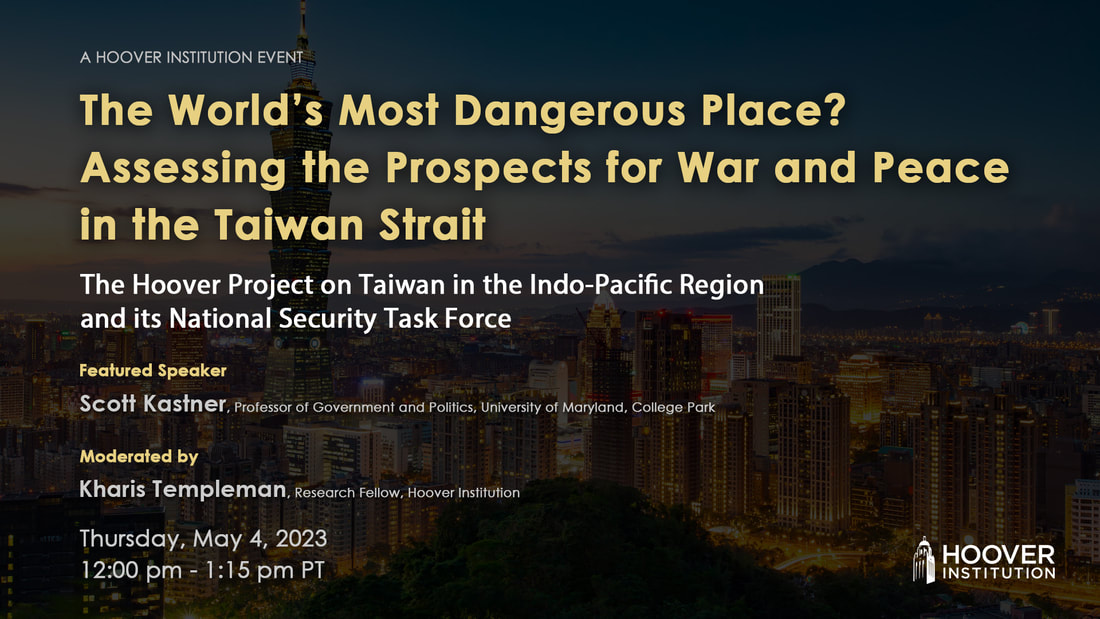
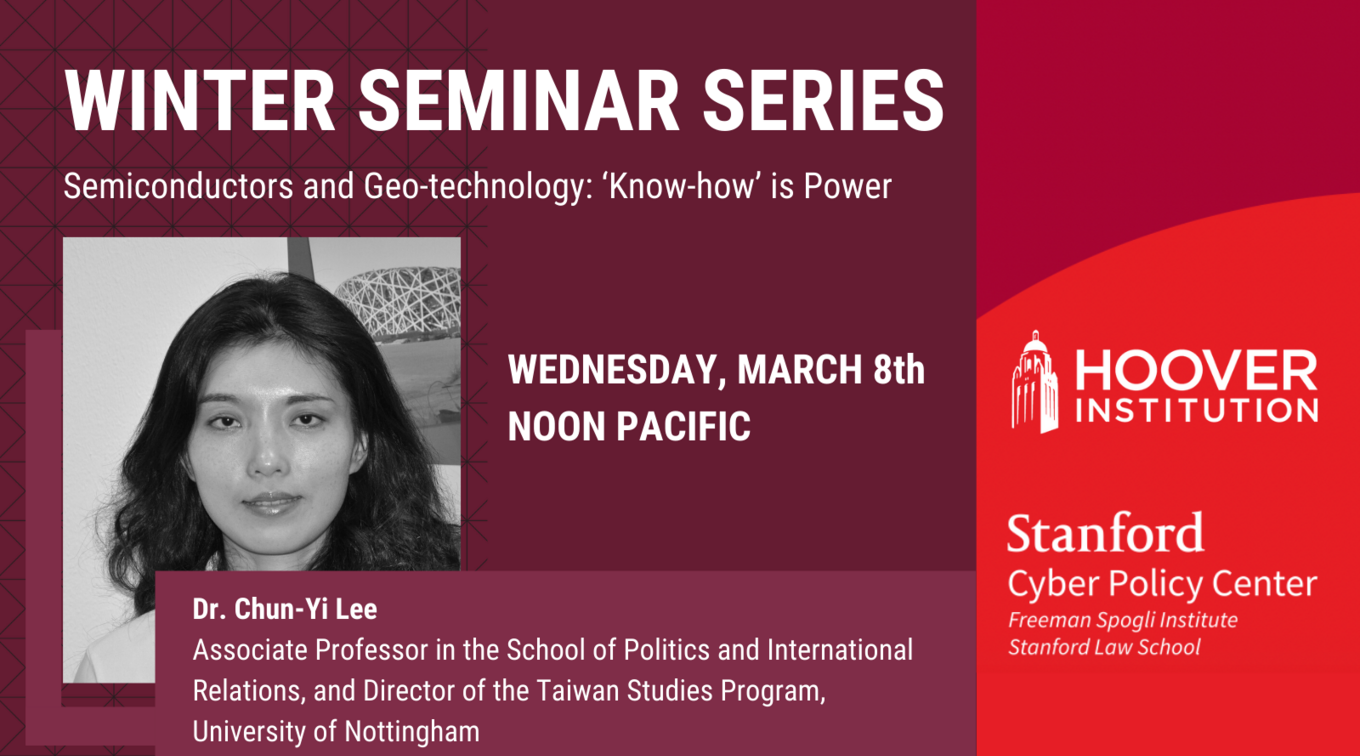

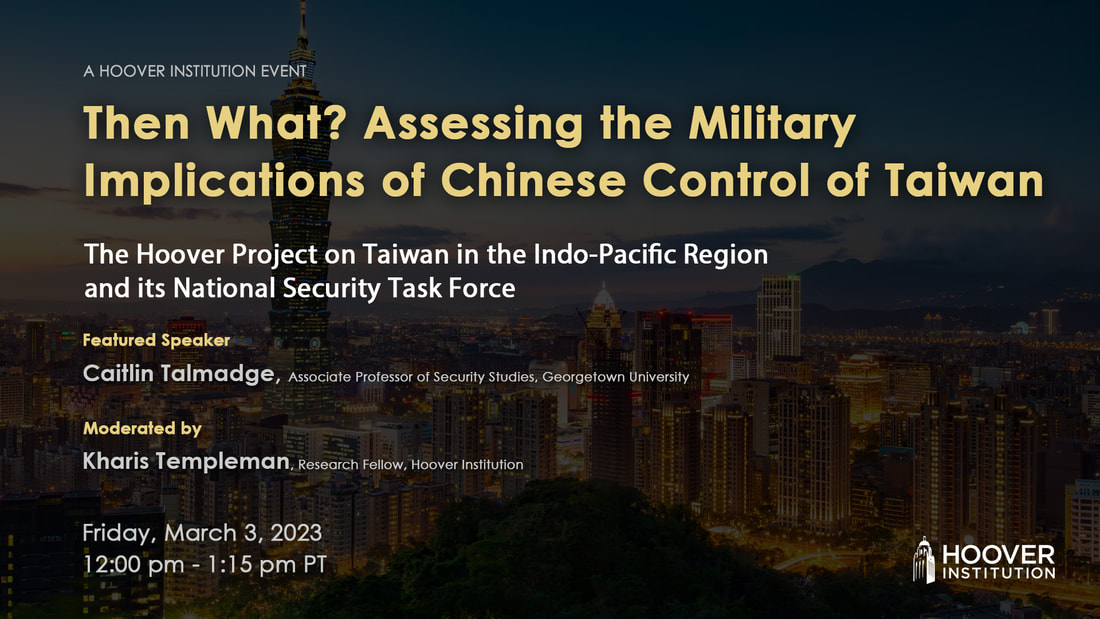

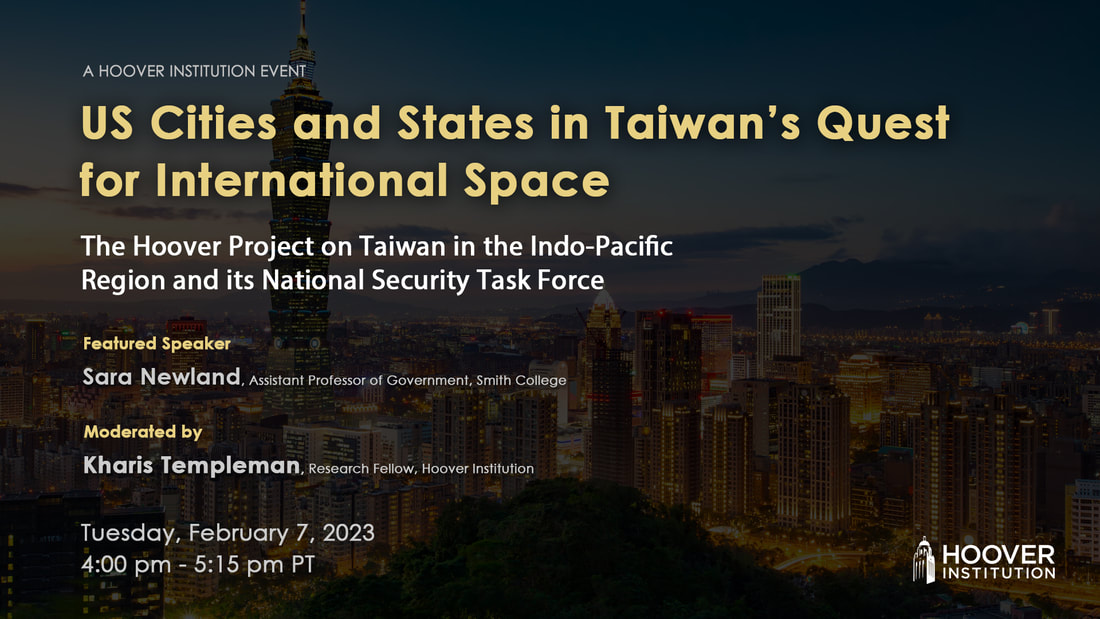

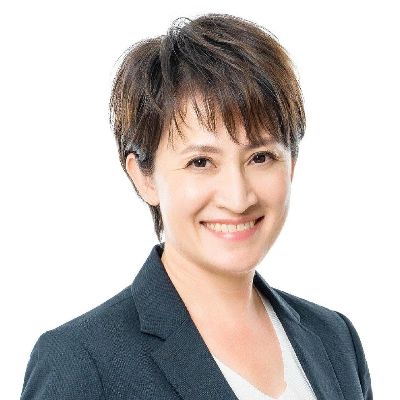
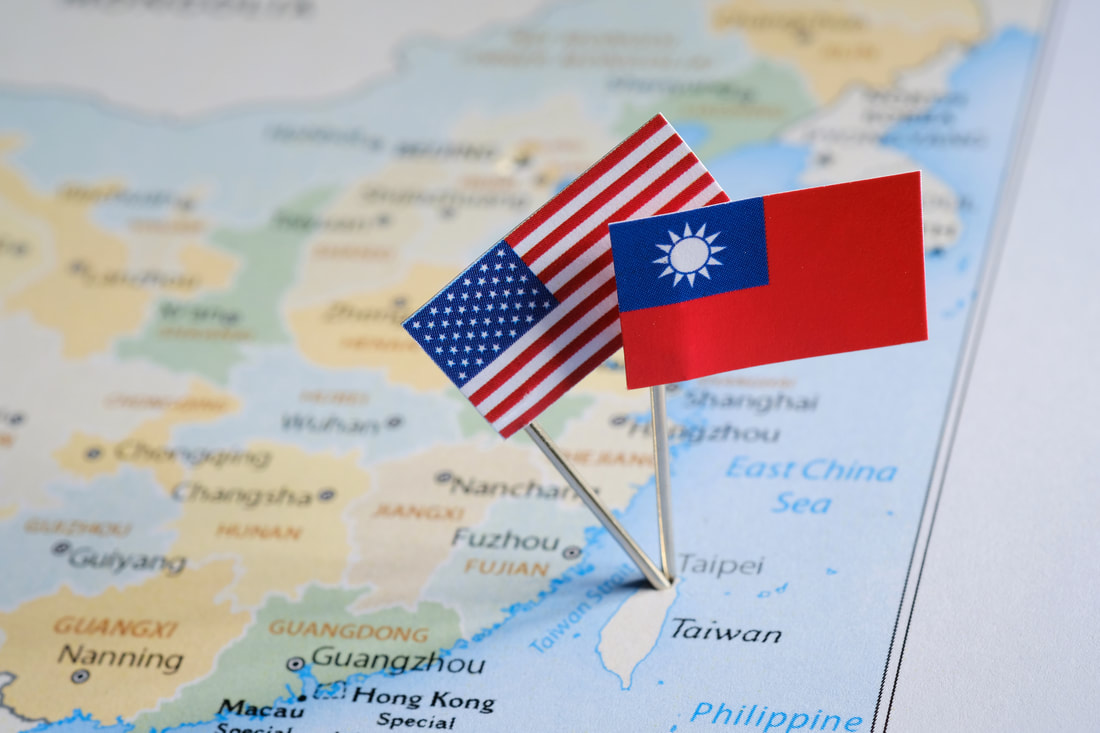

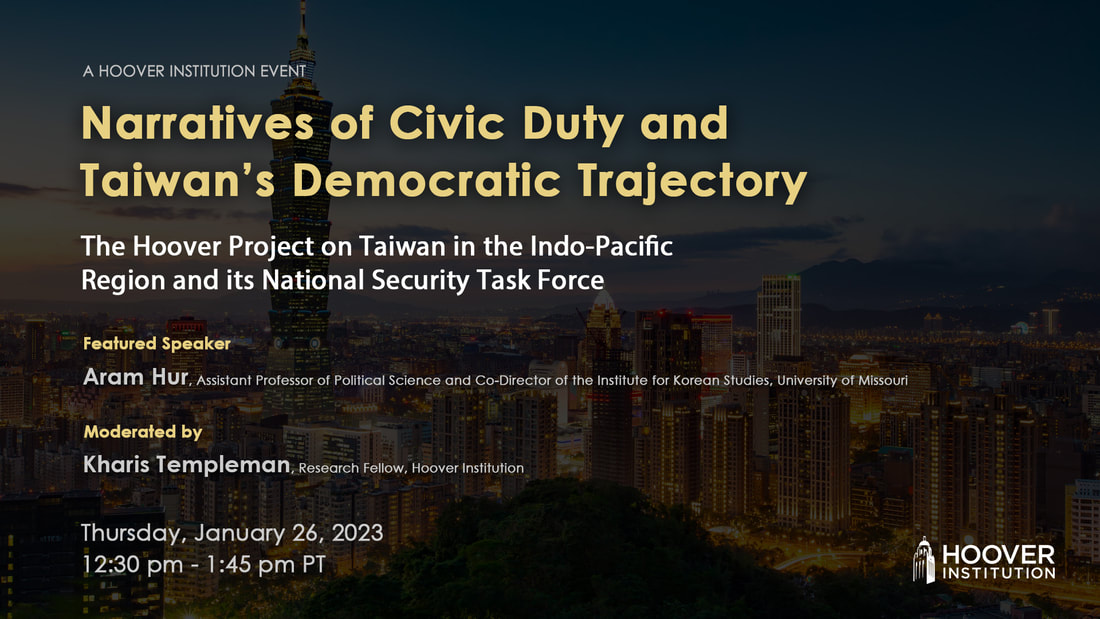

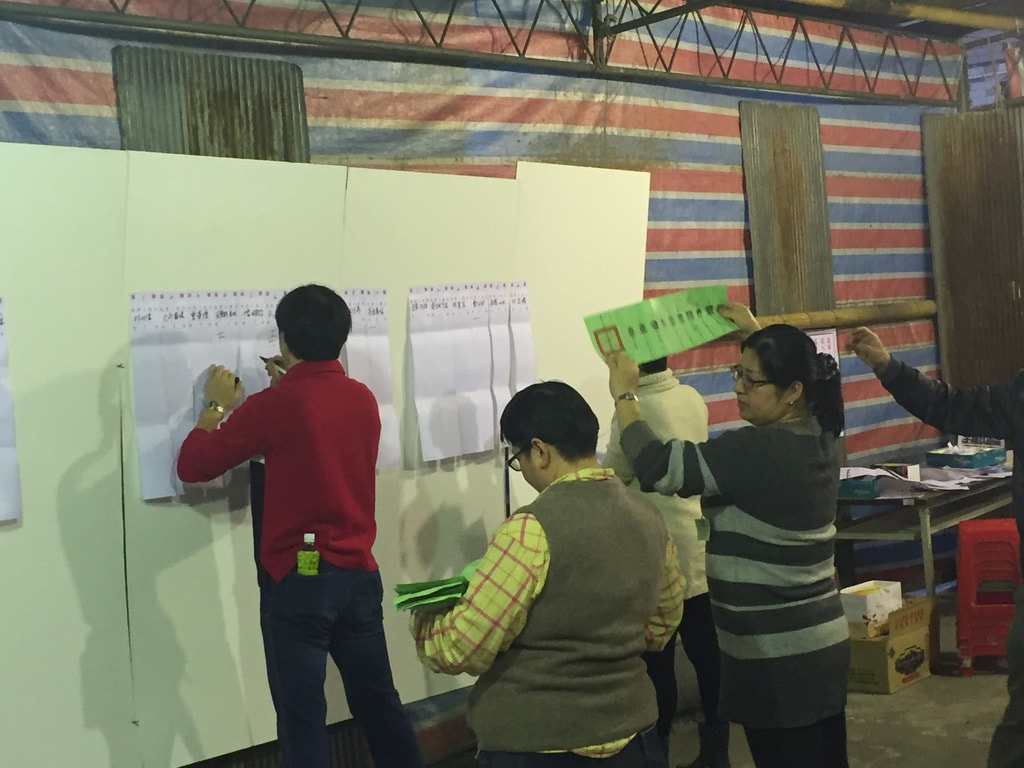
 RSS Feed
RSS Feed
